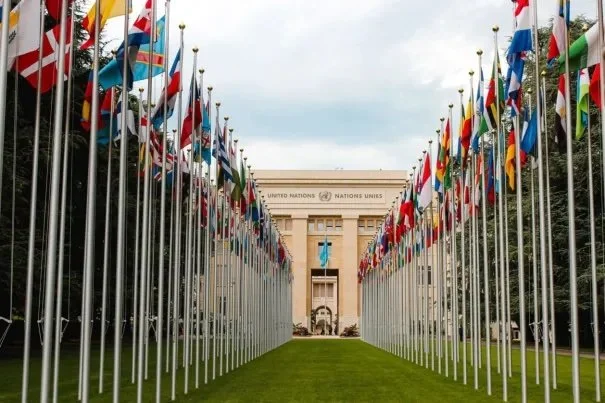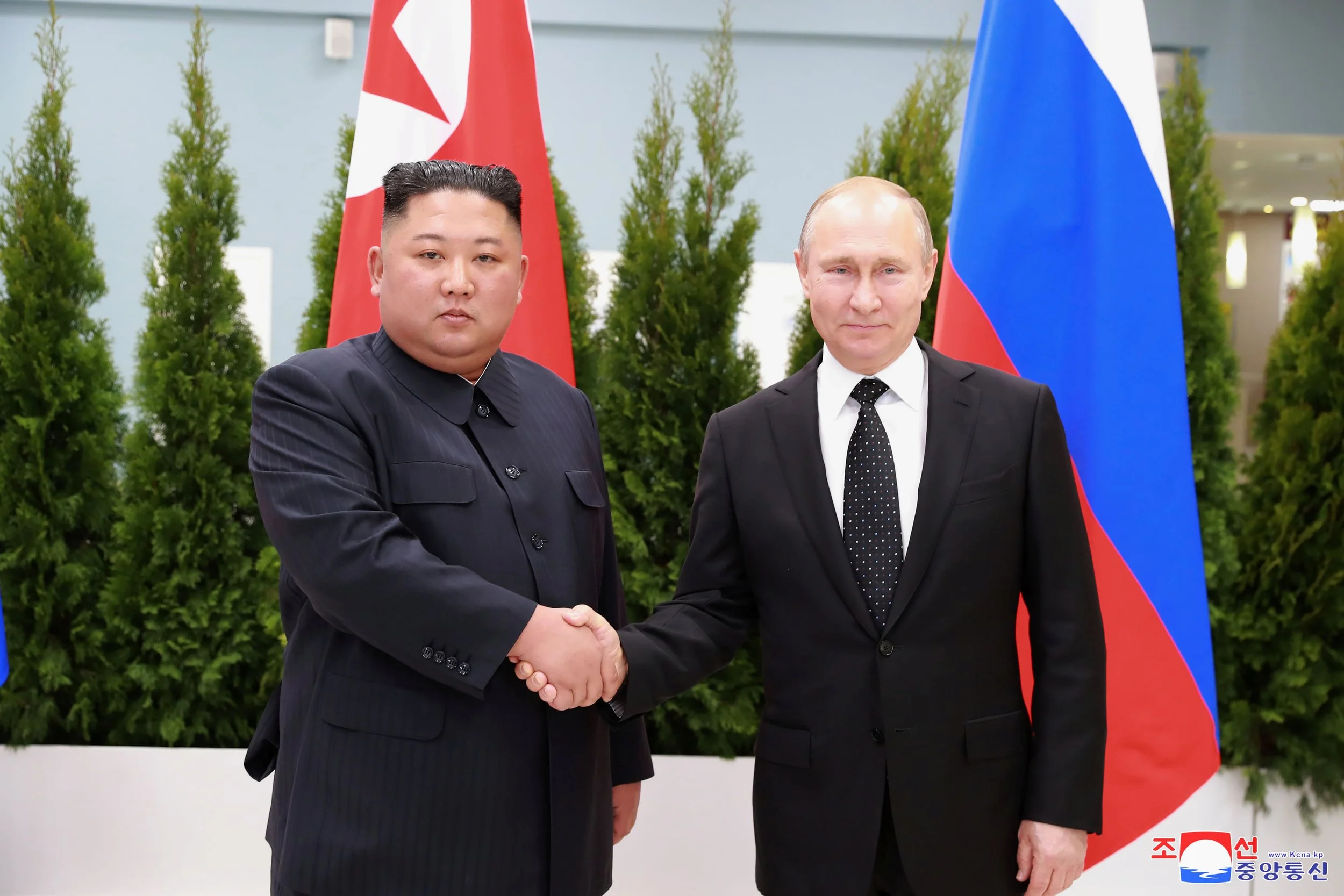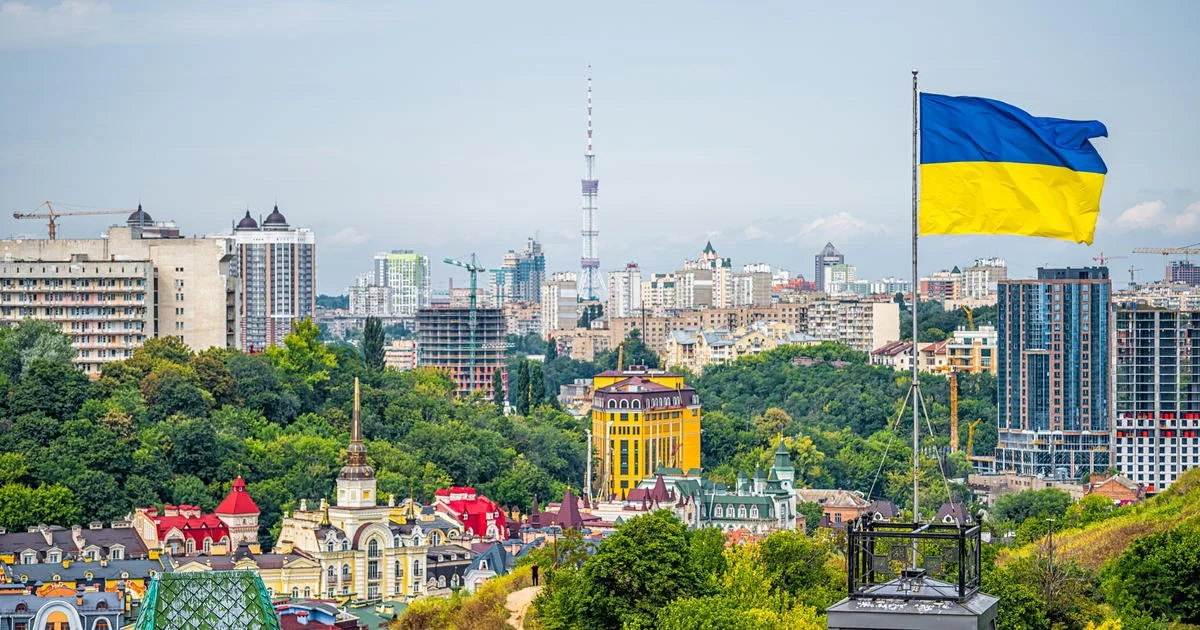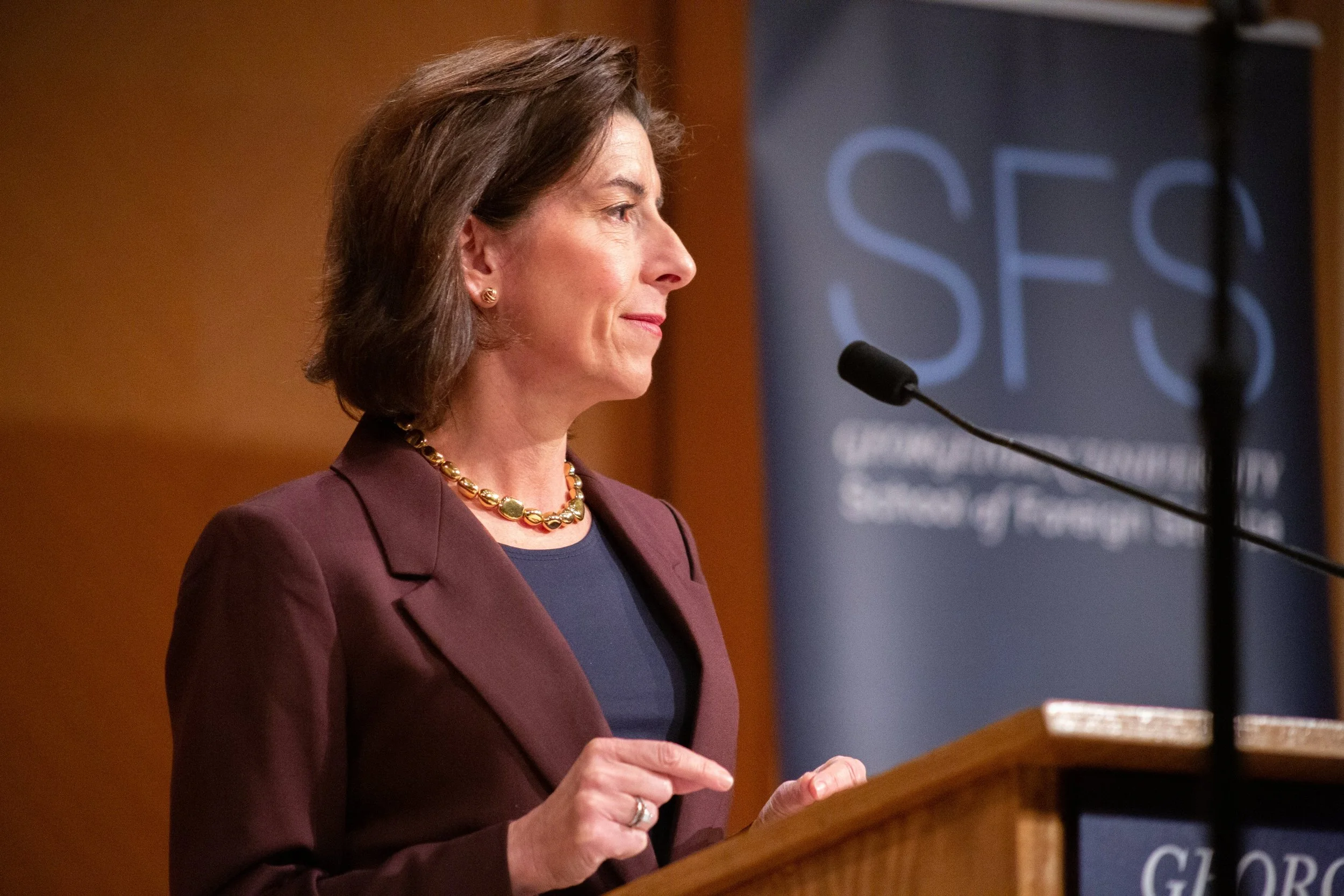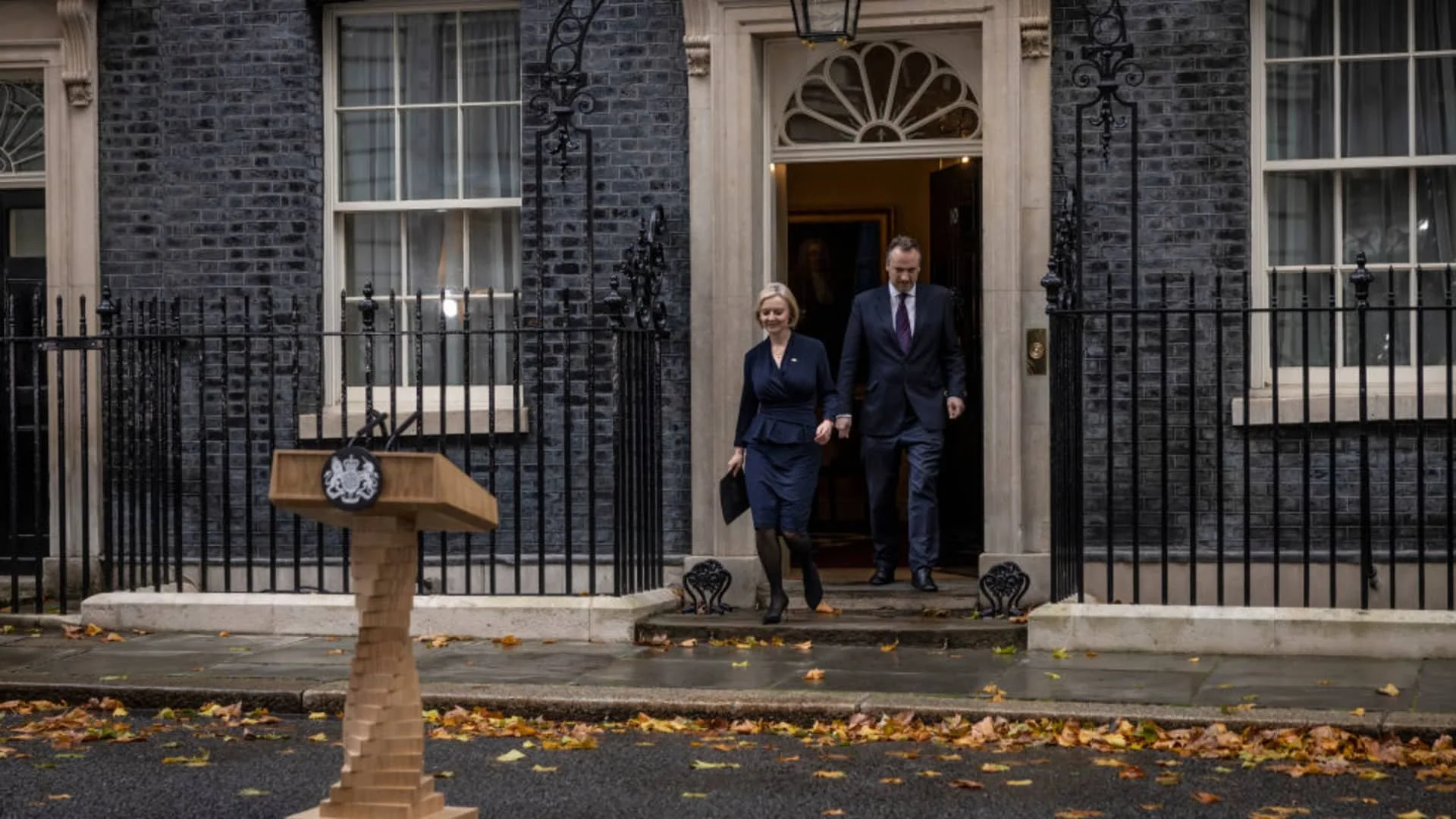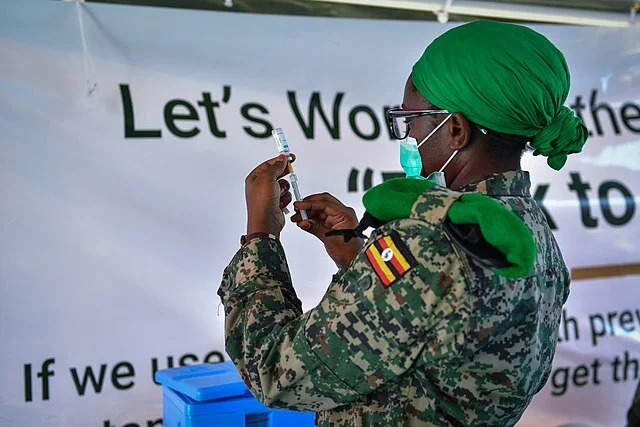The UN Matters. That’s Why It Needs To Be Fixed
While the United Nations (UN) is intended to provide a forum for such coordination, its effectiveness has been increasingly called into question by members of Congress and international leaders alike. While the UN remains an indispensable asset to diplomacy, it needs to be fixed to restore its credibility and strength to meet the unique challenges of the world today.
— Stephen Blinder
Read More
Israel-Palestine: Unpacking A Conflict Rife with Contradiction
The recent conflict that has occurred within the Middle East have deeply shocked Georgetown students and the international community. It is crucial to condemn the innocent killing of civilians on both sides, and to stand with both the Jewish and Palestinian communities in empathizing with their suffering.
— Peer Khan
Read More
Filipino Coast Guard Barriers and Consequences
The Filipino Coast Guard removed a floating barrier installed by China to prevent Filipino boats from fishing in a contested region of the South China Sea on September 25, 2023. A released video showed a Filipino diver cutting a 300 meter long string of buoys near Scarborough Shoal, a fertile fishing ground west of Luzon.
— Maggie Yang
Read More
The New CCP: How a High-Profile Chinese Political Scandal Demonstrates Xi’s Growing Power
Corruption investigations. Arrests of high-profile politicians. A political earthquake that fundamentally alters politics for one billion people while remaining a mystery to the rest of the world.
— Peer Khan
Read More
The Second Summit Between Russia and North Korea May Threaten Global Stability
When Orson Wells broadcast his “War of the Worlds” episode on the radio in 1938, people across the United States feared the world as they knew it was falling under attack. While that was proven to be a theatrical performance, increased relations between Russia and the Democratic People’s Republic of Korea (DPRK) have left the world wondering if their relationship will also be a ruse, or if it will become a true War of the Worlds.
— Emily Beaman
Read More
The Mexican Supreme Court’s Decriminalization of Abortion and its Impact on Women in Latin America
Advocates for women’s rights throughout the world felt the victory and progress being made when the Mexican Supreme Court recently federally decriminalized abortion.
— Anna Wice
Read More
No Deal: Why Ukraine Should Not be Pressured to Make Peace with Russia
As enticing as the idea of two warring states pursuing peace may seem, peace simply for peace’s sake is not necessarily a virtue. One must understand what is at stake and consider whether diplomacy will in fact maximize international security and prosperity in the long-term. Considering the historical and geopolitical context surrounding the Russian invasion of Ukraine, exerting pressure on President Zelensky to accept Putin’s demands would be a grave mistake.
— Zach Fontiadis
Read More
A Renaissance in US Semiconductor Manufacturing
Speaking in the Lohrfink Auditorium at an event sponsored by Georgetown University’s School of Foreign Service, Secretary of Commerce Gina Raimondo praised the “incredible opportunity we have as a nation to unleash the next generation of American innovation, protect our national security, and preserve our global economic competitiveness.” She was, of course, speaking of the recent, under-the-radar passage of the CHIPS and Science Act, along with new Biden administration trade rules.
— Asher Maxwell
Read More
44 Days of Liz Truss
Liz Truss resigned on the morning of October 20. In her mere 44 days as Prime Minister (the shortest of any Prime Minister in British history), Truss managed to crash the British economy, create yet another political crisis for Britain, and then promptly resign.
— Andrew Wong
Read More
The Imaginary Threat of NATO Expansion: Debunking a Common Excuse for Russia's Invasion of Ukraine
On February 24, 2022, Russian President Vladimir Putin delivered what will likely be regarded as among the most notorious speeches in modern history. His very first grievance in the address was perhaps the most critical, as he parroted a line long professed by ardent Russian foreign policy apologists: preventing NATO expansion.
— Zach Fotiadis
Read More
The End of the World (Economy): Consequences of the Russia/Ukraine Conflict
Tying countries together economically intended to construct a system for automatic and discretionary consequences for aggressive action. However, through the decades of relative international peace we have yet to see a successful, full-scale test of this ideology. Russia’s war on Ukraine highlights the failures of economically bonded world peace.
— Elizabeth Johnson
Read More
Kenya’s UN Speech: An Insightful Critique of Russia’s Invasion of Ukraine
Invoking the legacy of colonialism, the Kenyan delegation excoriated President Putin for his exploitation of ethnic tensions and irredentist visions to justify his bombardment of a sovereign power.
— Zach Fotiadis
Read More
Awarding Maria Ressa the Nobel Peace Prize came at the right time
In a political climate that has facilitated the rise of authoritarianism and amplified public mistrust of the media, the awarding of the Nobel Peace Prize to Maria Ressa comes at a critical moment.
— Ethan Johanson
Read More
Lebanon: The unfolding of a tragedy
U.S. humanitarian aid to Lebanon is a step in the right direction to helping the nation get back on it’s feet , but Lebanon’s recovery from economic crisis, Beirut blast, and COVID-19 will be slow.
— Rajaa Bint Talal
Read More
544 Days: An inside look at U.S. foreign relations through one reporter’s time in an Iranian prison
What happens when a civilian reporter’s life gets wrapped up in bilateral nuclear power negotiations? To what extent does valuing an individual’s survival compare with the impending threat of violent conflict? For Jason Rezaian, these questions were not hypotheticals to be debated among international relations scholars or on the nightly news. Rather, the answers to them were the only bridge between a life trapped inside an eight-by-four foot cell and freedom.
— Mia Young
Read More
U.S. intervention in Latin America: when is it time to stop?
Nicaragua and Colombia went before the International Court of Justice in September 2021 as the first step towards resolving alleged violations of Nicaraguan sovereignty in the Caribbean.
— Riley Swain
Read More
America is abandoning Africa on vaccines
As Africa lags on vaccine access, the United States is ignoring its moral imperative to collaborate with African governments and support equitable vaccine distributions on the continent.
— Eric Bazail-Eimil
Read More
Around the world in 30 days: The faces of US policies
This month, OTR will be spotlighting articles that do a deep dive into how U.S. policies impact people across the globe. This spotlight is an opportunity to take policy analysis a step further and compel us to consider how our actions, both our advocacy and silence, impact communities beyond our borders.
— Carly Kabot
Read More
Can we balance Africa’s electricity needs with global decarbonization?
After 260 NGOs urged banks not to finance a $3.5 billion oil pipeline in East Africa, the Biden administration must consider alternatives to offer Uganda, Tanzania and other nations to generate electric power and stimulate their economies.
— Zega Ras-Work
Read More
The U.S., Saudi Arabia, and Yemen: A short history and future
President Joe Biden’s promise to halt all relevant arms sales to Saudi Arabia and appoint a senior diplomat to Yemen should only be the start of a long and arduous road towards peace.
— Himaja Reddy
Read More

